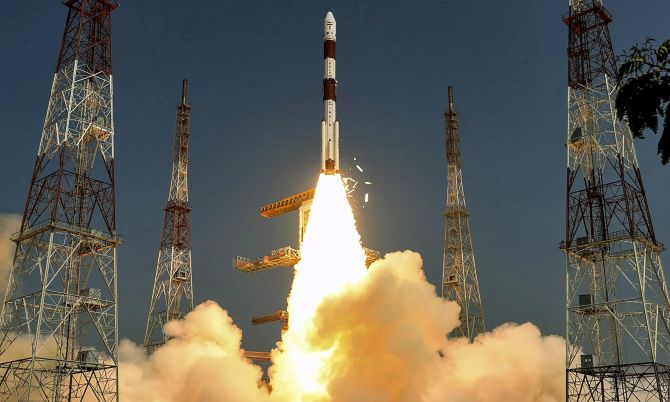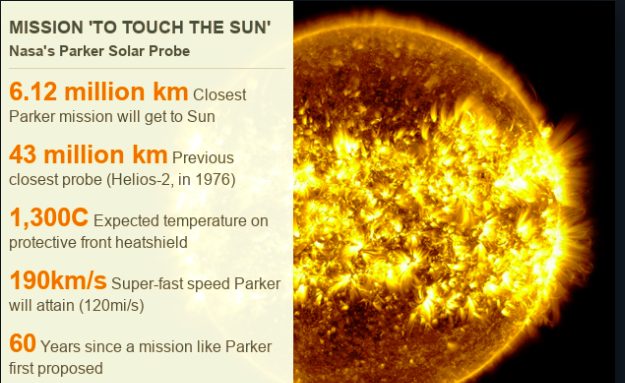The Indian Space Research Organisation (Isro) on Saturday successfully launched PSLV-C49 carrying India’s latest earth observation satellite EOS-01 and nine customer satellites from the spaceport in Sriharikota.
The rocket injected all the ten satellites into their intended orbit.
The rocket Polar Satellite Launch Vehicle (PSLV-C49/EOS-01) blasted off from the Satish Dhawan Space Centre at 3.12 pm at the end of a 26-hour countdown.
The lift-off was originally scheduled for 3.02 PM, but was delayed by 10 minutes due to debris on the path of the vehicle.
K Sivan, Chairman, Isro, said, “All nine customer satellites successfully separated and injected into their intended orbit and satellites have started operating”.
The primary passenger of the 44.5 metre tall PSLV-C49 was the Indian radar imaging satellite EOS-01 (formerly RISAT-2BR2) with synthetic aperture radar (SAR) which can take pictures in all weather conditions.
The satellite can take pictures day and night and will be useful for surveillance as well as civilian activities.
The nine foreign satellites that would piggyback are from: Lithuania (1-technology demonstrator),
Luxembourg (4 maritime application satellites by Kleos Space) and the US (4-Lemur multi mission remote sensing satellites).
“The mission was very special and unusual in the backdrop of pandemic.
Space activities cannot be done from work from home. Everyone needs to assemble here for the launch.
Besides, hardware needs to be transported from various parts of the country,” Sivan said.
“With limited staff, following all the protocol, the mission was launched successfully, ” said Sivan adding that the upcoming launches would be PSLV-C50, demonstration flight of Small Satellite Launch Vehicle (SSLV) and heavyweight rocket GSLV which will carry GISAT-1.
It is to be noted the launch of the GISAT-1 satellite slated for March 5 this year was postponed due to technical reasons a day before the launch.
I









